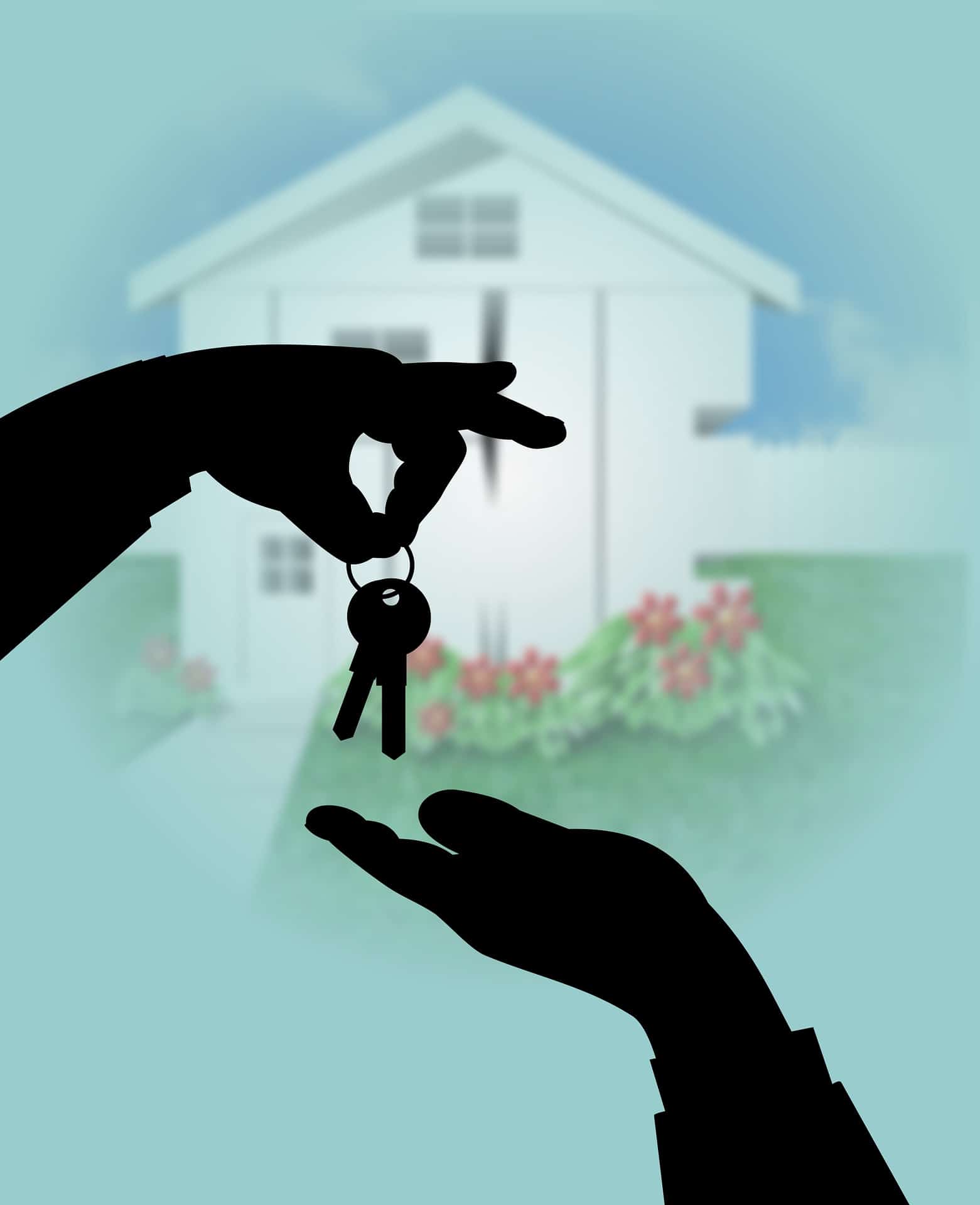Most older adults believe that it’s easier for everyone involved – loved ones, beneficiaries, and executors – if they transfer full or partial ownership of their home prior to their passing. However, elder law attorneys will caution you that there are several risks to consider when transferring your home that might harm you or your loved ones. Here’s everything you should know before making such a decision:
There could be tax issues
If you transfer your principle residence, you risk being disqualified from some or all of the capital gains tax exclusion and you may trigger an unnecessary tax liability. If you decide to sell your home after sharing ownership with your children, they will then have to pay capital gains taxes on the increased value of the home. This is a problem if you’ve lived in the same home for many years and the value of the property has increased significantly since you purchased it.
It may cause a Medicaid penalty
In most states, if you transfer your house within five years of needing to move to a nursing home and applying for Medicaid benefits, your transfer will likely create a penalty period where you’re ineligible for benefits. Medicaid has a five year look-back period where all gifts and property transfers are taken into account, which may take you above the allowable resource limits for Medicaid eligibility. Before making such a decision, talk to an attorney who can walk you through the rules in each state where you may own property.
You may lose the house in a divorce…your child’s
If you transfer ownership of your home to your child – even just a partial ownership interest – and then your child gets divorced, your ex in-law might be entitled to part of the value. It’s very difficult to protect against this risk if you transfer ownership outright to your married child.
Your child could have financial problems
When you share ownership of a home with your child, you also share exposure to each other’s financial problems and risks. For example, if your child accumulates debt that can’t be paid back, is sued, or declares bankruptcy, his or her half of the property could be used to satisfy the debt, or liens could be placed against the property.
You have to be partners with your child
Once you transfer ownership of your home, you must all be on the same page about deciding later to sell the home or make major renovations. Your child can always put a stop to a sale or the renovations if they don’t agree with you, or vice versa. While this scenario seems a bit out there, it does actually happen more often than you may think.
If you’re thinking about transferring ownership of your home to a child, or if you’re interested in learning about other asset protection and estate planning strategies to protect your interests as you age, please call our elder law attorneys to set up a consultation.









